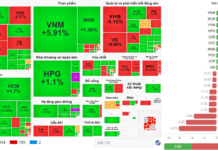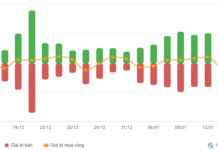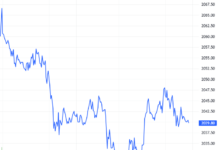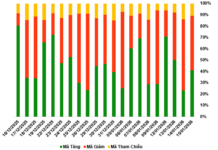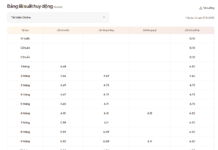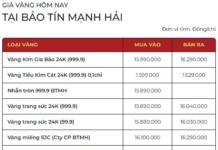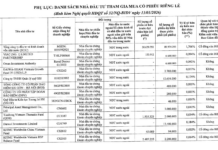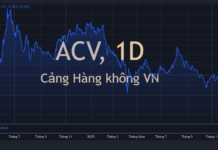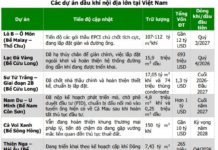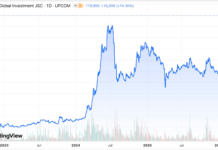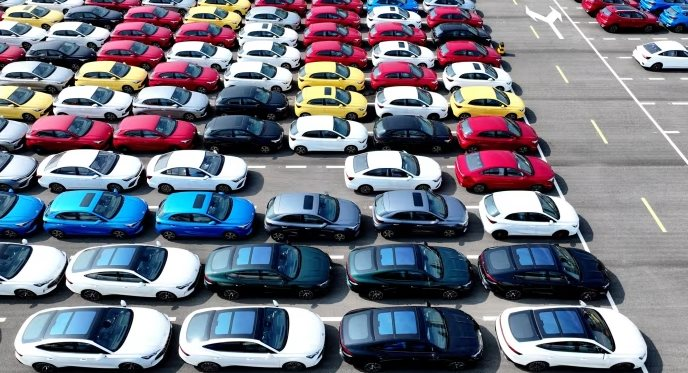
Illustration
In an attempt to curb the influx of affordable electric vehicles manufactured in China, the European Union is considering implementing tariffs. A temporary increase in import taxes on Chinese-made electric vehicles was announced in early July, with a final vote on the legislation scheduled for October.
However, the European Commission (EC) has recently proposed a draft amendment to these additional import duties, suggesting a lower rate than the temporary tax implemented in July. This goes against the initial plan to impose supplementary taxes of up to 37.6% (on top of the existing 10% import tax on Chinese automobiles), now reduced to 36.3%. The tax rate also varies depending on the automaker, with Tesla receiving the lowest rate, which has been recalculated from 20.8% to 9%.
Tesla’s distinction from other manufacturers stems from the level of subsidies China provides for automobile production. According to the EU, Tesla vehicles produced in China and exported to Europe receive the least amount of subsidies. As a result, electric cars from other companies will be subject to higher taxes ranging from 17% to 36.3%, instead of the 9% rate given to Tesla.
The EU views these state subsidies as unfair and argues that they lead to overproduction and flood the continent with inexpensive cars, making it impossible for domestic automakers to compete.
Tariffs Begin to Impact Chinese Automakers
SAIC Motor Corp is facing an additional 36.3% tax on top of the existing 10% levy on all electric vehicles imported into Europe. Geely and BYD face taxes of 19.3% and 17%, respectively. If a Chinese manufacturer has a joint venture with a European company, the maximum tax rate is limited to 21.3% instead of the full 36.3%.
Although these new rates are currently temporary, they have already affected sales. SAIC experienced a 45% decrease in sales in July compared to June, while overall electric vehicle sales dropped by 36% in the 16 largest markets in the European bloc.
However, compared to the previous year, some Chinese manufacturers, such as BYD, have seen growth. Up to now, BYD’s car sales in Europe have increased by 20% year-over-year. However, if the company raises prices to offset the higher taxes, the appeal of their models to European buyers may start to wane.
One of BYD’s most important models in Europe is the Seal electric car, one of the few direct competitors to the Tesla Model 3. As the Seal is currently priced slightly higher than the Tesla, any further price increase by BYD could cause it to lose its advantage over the Model 3 in the same price range.
Building Factories in Europe
It remains to be seen what impact these higher taxes will have on the sales of Chinese-made electric vehicles in the EU once they are officially implemented in October.
Some Chinese manufacturers are responding to the tariffs by significantly increasing their prices, as their vehicles are still considerably cheaper than their European equivalents. European buyers may not feel the full weight of the additional 36.3%, as Chinese automakers will likely absorb part of the difference and accept a smaller profit margin than they had hoped for.
If the higher taxes are enacted, one way to mitigate their impact would be for Chinese automakers to localize their production in Europe. Several manufacturers are already scouting locations for manufacturing facilities. BYD is leading this trend with a factory in Szeged, Hungary, and plans for a second factory in Turkey.
Dongfeng is another manufacturer with intentions to open a production site in Europe, considering Italy as a potential location. While Leapmotor does not plan to build a factory, Stellantis has assembled its small electric car, the T03, in Poland, in the same factory that produces Jeep and Fiat models, exempting the T03 from tariffs.
According to InsideEVs

